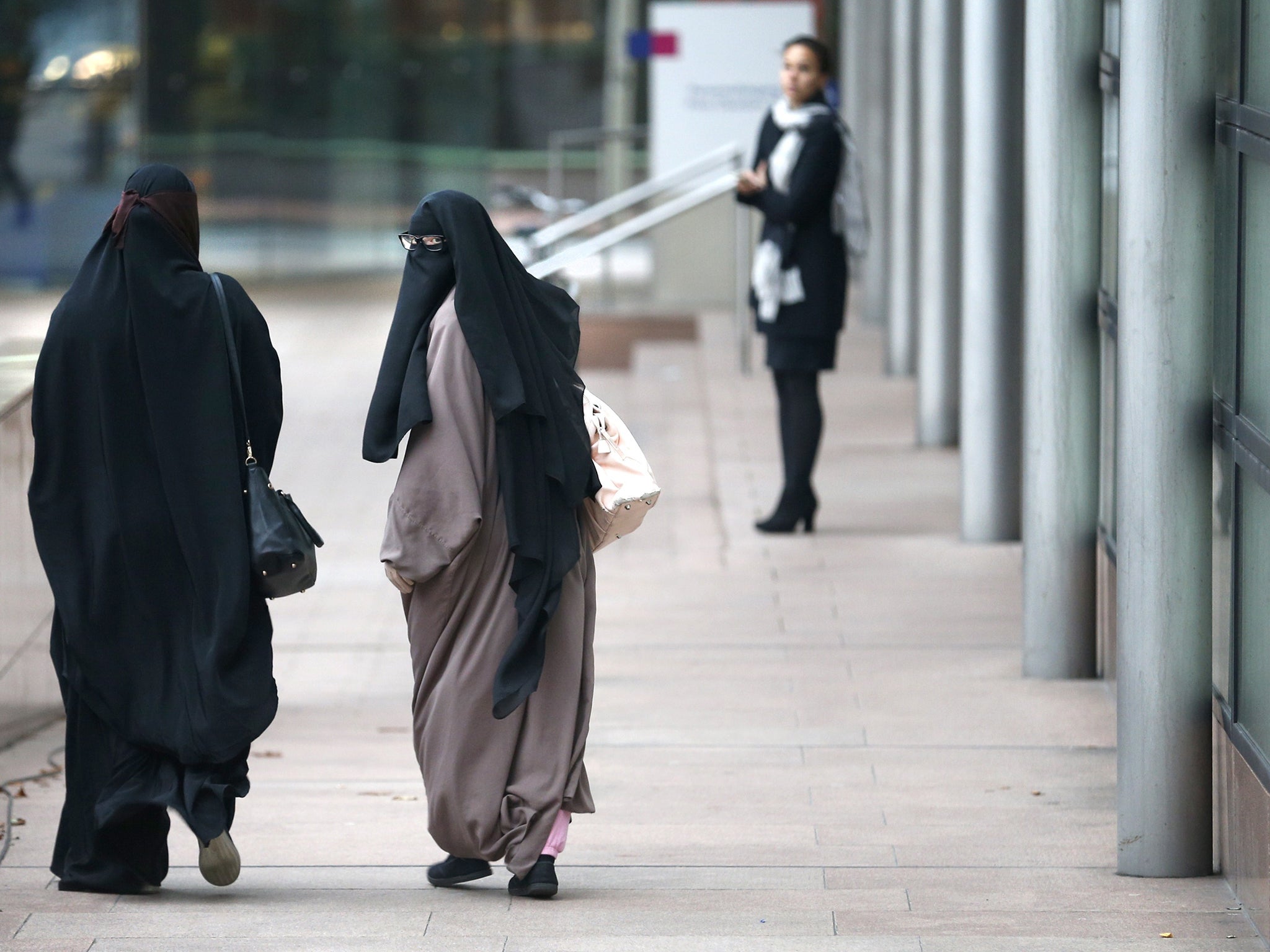It wasn't just the police who failed me when I became a victim of honour abuse
Charities, health workers, government and councils are all to blame when victims like me are left to cope without support to help them escape abusive families and community groups

Your support helps us to tell the story
From reproductive rights to climate change to Big Tech, The Independent is on the ground when the story is developing. Whether it's investigating the financials of Elon Musk's pro-Trump PAC or producing our latest documentary, 'The A Word', which shines a light on the American women fighting for reproductive rights, we know how important it is to parse out the facts from the messaging.
At such a critical moment in US history, we need reporters on the ground. Your donation allows us to keep sending journalists to speak to both sides of the story.
The Independent is trusted by Americans across the entire political spectrum. And unlike many other quality news outlets, we choose not to lock Americans out of our reporting and analysis with paywalls. We believe quality journalism should be available to everyone, paid for by those who can afford it.
Your support makes all the difference.I am furious that the recent report on honour violence, published by Her Majesty's Inspectorate of Constabulary (HMIC), seems to seek to point the finger solely at police. Here’s the thing: it’s not just the police that are to blame. The time has come for survivors like me to insist we drag all those who have failed us out into the light, and explain the real reasons why British women are still left to become victims of honour-based abuse.
Though the police have their flaws, the many lazy, bureaucratic domestic violence charities and support organisations - staffed by well-meaning female ‘thought leaders’ who seem more busy telling the media what is best for us ‘survivors’– are also at fault. Surely if the police are being attacked for their failures, these agencies whose sole reason for being is to work with police to prevent crime and deal with its aftermath, are just as bad?
From charities to MPs, NHS executives to ministers whose platitudes are followed by funding cuts to services, from local councilors to medical and educational professionals, the signs of failure are widespread. Women suffer if they face a wall of telephone referrals, being constantly moved on by incompetent staff who read scripts, disconnected from the cases they are handling.
As a survivor of honour abuse, I do feel failed by police. They, along with other care agencies I contacted, did not spot that it was honour abuse being inflicted on me despite clear evidence. My horror was compounded two-fold: having been ignored, my cries for help unwittingly helped my perpetrators who took advantage of their systematic errors and inaction. But more than that, I feel failed by the organisations who purport to speak out for me.
The process of waking up and realizing that what is happening to a woman at the hands of her loved ones is a crime, and is unacceptable, is long, fraught and complex. Perpetrators of honour abuse rely on maintaining the status quo, from partners, family, relatives, community leaders to members of the religious establishments. All of these people are part of the victim’s life, but if she turns her back on them, they will do the same.
Women will never get the help and protection they need to escape and fight hatred and violence within their communities if the government, the police, charities and other agencies fail to act quickly and effectively when that cry for help goes out. For, after it has, an entire community can turn on the victim. What happens after you raise the alarm is a postcode lottery of help and assistance. Worst of all, there is a conveyor belt of honour abuse ‘solutions’ when every case is different. It feels as if you have to be a certain type of victim - meek, a mother with many children, no independent income – to receive assistance. If you fall outside this criteria, the entire system can chew you up and spit you out.
Poor referrals, badly-run agencies, box ticking, moving the woman away to a life where she is often alone, stripped of her family: the experience of receiving support is, in many cases, a whole new horror to face. Meanwhile other potential victims are reminded of the social isolation that awaits of daring if they dare to confront or break a family code.
All this sadness can be ended if we can do two things. First, all funding for services supporting victims should be pooled and a quango established which will represent all organisations and agencies working for and with survivors. Second, that organisation should then then work on creating a national honour abuse strategy that is led and executed by the brilliant small charities who work at local level. They do exist, but we rarely hear of them as they lack funding and are not media savvy.
Never has the provocation ‘who is watching the watch keepers’ been so apt. Blame the police all you want, but that’s not where the solution lies. We need reform of the entire sector – and fast.
Join our commenting forum
Join thought-provoking conversations, follow other Independent readers and see their replies
Comments